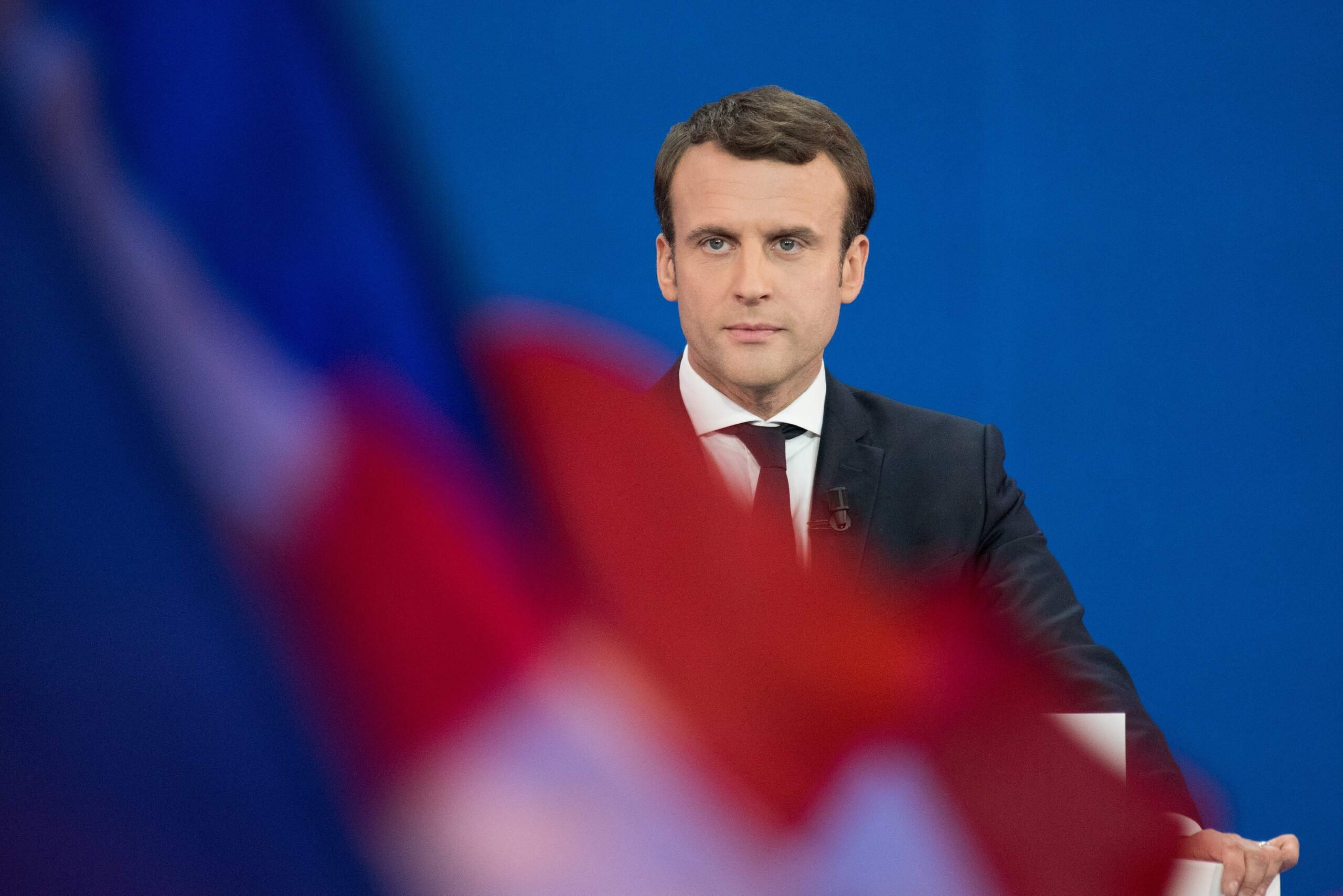
Following a week of nation-wide riots, French President, Emmanuel Macron, has stated that social media posts were a key factor behind the violence.
After a viral social media post of the fatal shooting of a 17-year-old in Nanterre on June 27, President Macron held a national address on the June 30 to condemn the “unacceptable” exploitation online of the teenager’s death after riots in Paris, Marseille and Lyon.

Access deeper industry intelligence
Experience unmatched clarity with a single platform that combines unique data, AI, and human expertise.
Macron claimed that social media platforms, such as Snapchat and TikTok, played a “significant role” in the heightened violence that led to the arrest of over 700 protesters.
French media originally reported that the shooting of 17-year-old Naher M. was partially caused by the teenager threatening police. However, the video posted to Twitter of the shooting showed these claims by law enforcement to be false. Riots broke out shortly after the video circulated.
Macron called for social media companies to remove content that could incite violence. Despite a decade of significant growth, GlobalData’s 2023 Tech, Media & Telecom themes report identified misinformation and hate speech as the biggest challenges faced by social media platforms.
The French President’s calls follow the US supreme court siding with Twitter and Google against narrowing section 230 of the Communications Decency Act.

US Tariffs are shifting - will you react or anticipate?
Don’t let policy changes catch you off guard. Stay proactive with real-time data and expert analysis.
By GlobalDataWhilst the Communications Decency Act allows social media platforms to remove sensitive content, it places the legal fault with the user that posted the content rather than the platforms themselves.
“Online and offline worlds are increasingly merging,” said GlobalData senior analyst Amelia Connor-Afflick. “In the UK you can be arrested for posting offensive remarks under the Communications Act (2003), whereas in the US it is difficult to prosecute over online posts.”
Macron’s calls for tighter content moderation also come just after Meta faces accusations of perpetuating violence in Ethiopia’s Tigrayan conflict.
As Connor-Afflick explains, “Meta is being sued by Ethiopian citizens who have accused the company’s algorithm of amplifying hateful and inciteful posts that attracted more interactions”.
Whistleblower and former data scientist at Facebook, Frances Haugen, also accused Meta’s algorithms of “literally fanning ethnic violence.”
Violence and the gaming industry
Citing that “over a third of all people arrested” were young, Macron stated that many of the youngest protesters were imitating violence from “the video games that have intoxicated them.”
Macron’s association between gaming platforms and the organisation of violence is not unique.
Politicians in the US have long blamed video games for mass shootings. In the aftermath of the 1999 Columbine Massacre, tabloids pointed towards the shooters’ love of popular video games to distinguish a motive behind their attack.
In 2022, this argument around violence in video games cropped up again when the US Buffalo shooting was briefly broadcasted on streaming platform Twitch.
The Global Network on Extremism and Technology’s recent report into the link between terrorism and the gaming community found that although the stream of the attack was removed within two minutes, it allowed users to “archive and outlink” the material to be hosted elsewhere online.
Connor-Afflick emphasises that there are “competing challenges” faced by social media and gaming platforms to “minimise risks of violence” whilst ensuring that evidence of human rights abuses is not destroyed.”







